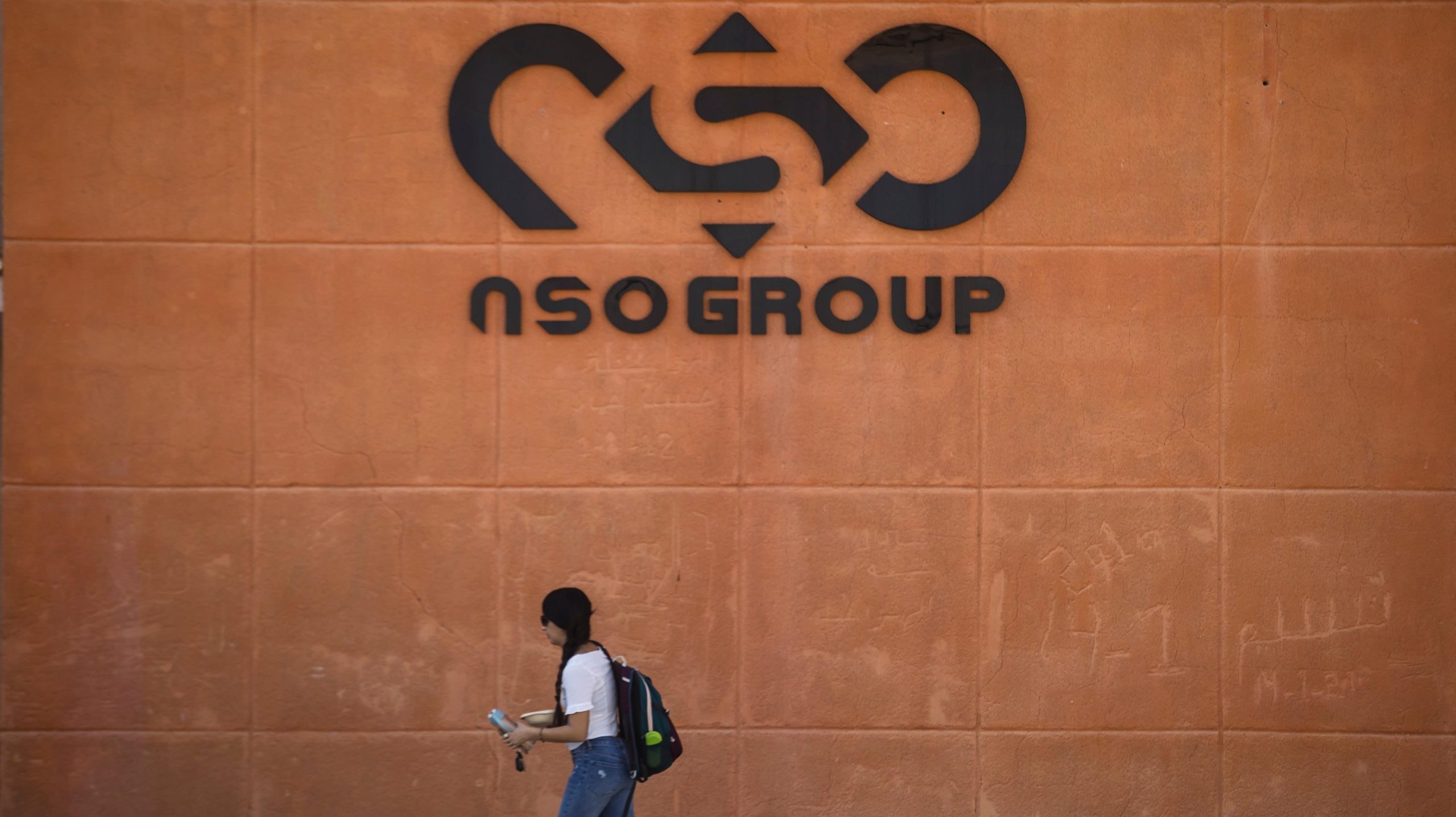
“It is no accident that governments are using spyware to target activists and journalists, the very people who uncover their abusive practices,” Fakih said in a statement. “They seem to believe that by doing so, they can consolidate power, muzzle dissent, and protect their manipulation of facts.”
Following the Apple alert, HRW says it performed a forensic analysis and determined both Fakih’s current and previous phones had been affected.
Advertisement
NSO Group did not immediately respond to Gizmodo’s request for comment, but in a statement provided to HRW, the Israeli firm said it was unaware of any of its clients using its services to target HRW staff.
“Any such use against such a staff member, or any other individual for that matter, would be a serious misuse of our technology unless there was a reasonable suspicion that such person was involved in a serious crime or terrorist activity,” NSO wrote.
Advertisement
Over its 11-year history, NSO Group’s spyware has repeatedly been used to target journalists, human rights advocates, children, and even some political leaders. While this appears to mark the first case of a foreign non-governmental organization targeted using Pegasus in Lebanon, others, including a New York Times Beirut bureau chief, have previously found themselves targeted with the spyware.
Things Are Going From Bad to Worse for NSO
While allegations of questionable spying campaigns are nothing new for the company some have dubbed “amoral 21st-century mercenaries,” the recent volley comes amid a wave of scandal that’s reportedly forced NSO into a battle for survival.
Advertisement
Last week, a report in Calcalist claimed the Israeli government has used NSO’s spyware to spy on domestic protest leaders and anti-government activists dating back to 2013. If true, that would mark a momentous departure for the company, which has managed to steer clear of domestic espionage involvement. Israeli Police Commissioner Kobi Shabtai has since confirmed law enforcement do use third-party cyber-technology but declined to specify the names of any service. Israel’s attorney general subsequently launched an investigation into Israel’s police force over alleged use of the technology.
On Tuesday, following the week of scandal, NSO’s former commissioner, Asher Levy, announced he would resign from his position less than two years after assuming the role. Levy tried to downplay a connection between his resignation and the domestic spying news, telling the Associated Press his departure was planned months ago.
Advertisement
“I can understand why people are making the connection,” Levy told the AP “In reality, it has nothing to do with the breaking news, so to speak, around NSO.”
Another Haaretz report, filed just hours after Levy’s resignation, claimed NSO was in advanced talks with the U.S.-based venture capital firm Integrity Partners for a deal to acquire control of NSO. According to the report, that plan would involve severing ties with the vast majority of NSO’s 37 clients and would leave them working only with New Zealand, the United States, Australia, Great Britain, and Canada—the countries that make up the so-called Five Eyes intelligence alliance. The new company would reportedly focus primarily on defensive cyber capabilities. Under the deal, Integrity would reportedly lobby the U.S. government to remove NSO from a U.S. blacklist it was added to late last year.
Advertisement
